"You have such power. Please use it because we can’t wait," Sir David Attenborough told us when speaking at our London headquarters to clients in June 2019. "The levers that need pressing may well lie within this room. The urgency cannot be exaggerated. We have to do it now."
Peter Flavel, CEO, Coutts





We have set a target to reduce the level of carbon intensity for the equity component of our discretionary portfolios and funds by 25% by the end of 2021(compared to 31 December 2019)
We have set a target to halve the level of carbon intensity of our discretionary portfolios and funds by the end of 2030 (compared to 31 December 2019)
Our ambition is to reach net zero emissions across all our Assets under Management by the end of 2050

We have set a target to reduce the level of carbon intensity for the equity component of our discretionary portfolios and funds by 25% by the end of 2021(compared to 31 December 2019)


We have set a target to halve the level of carbon intensity of our discretionary portfolios and funds by the end of 2030 (compared to 31 December 2019)


Our ambition is to reach net zero emissions across all our Assets under Management by the end of 2050

sustainability in action
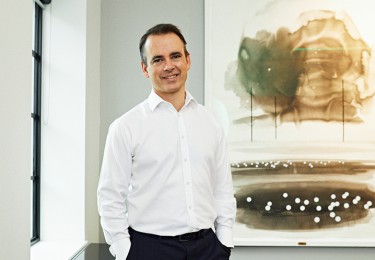
Powering the pathway to net-zero
ADAPTOGEN CAPITAL
"THE TRANSFORMATION THAT’S REQUIRED, FEELS EQUIVALENT TO A VICTORIAN SCALE industrial revolution."
A change of clothes for fashion 2.0
HOUSE OF BAUKJEN
"I THINK A LOT OF PEOPLE WANT TO DO WHAT’S RIGHT FOR THE PLANET BUT DON’T ALWAYS KNOW WHAT THE RIGHT THING IS.”
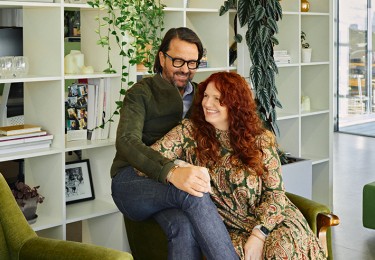
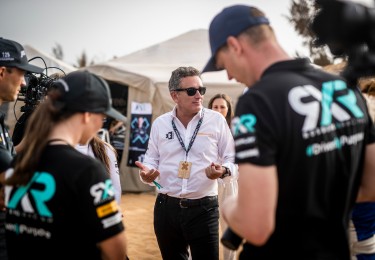
Racing against climate change
EXTREME-E
“YOU CANNOT EXCLUDE ANYONE FROM CLIMATE ACTION. WHY SHOULD ANYONE THINK THAT THEY SHOULDN'T BE INVOLVED IN CLIMATE CHANGE?”
HELPING OUR CLIENTS MAKE A SUSTAINABLE DIFFERENCE
beyond business
Philanthropy is ingrained in Coutts’ culture. We can trace our history of charitable giving back over 300 years, and were the first private bank in the UK to establish a dedicated philanthropy advisory team.
The impact of the global pandemic over the past 18 months has made many of us consider how we can do more to make a difference. Our specialists can help clients turn their passion for the causes they care about into tangible, lasting change.
CREATING A LEGACY OF OCEAN CONSERVATION
“WE REALLY BELIEVE THAT IF PEOPLE START FALLING IN LOVE WITH THE ENVIRONMENT, THEY WILL MAKE A DIFFERENCE.”
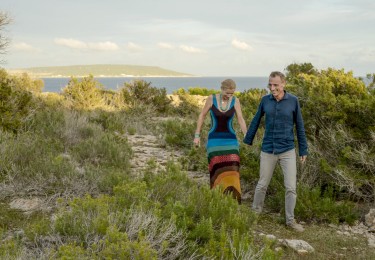
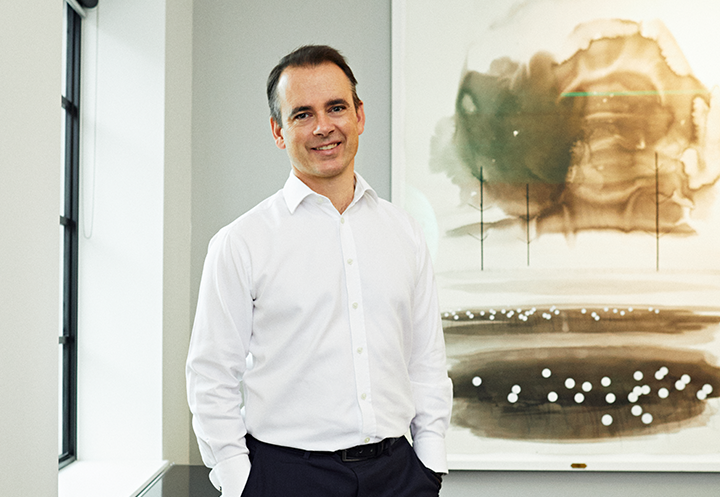
Powering the pathway to net-zero
ADAPTOGEN CAPITAL
"THE TRANSFORMATION THAT’S REQUIRED, FEELS EQUIVALENT TO A VICTORIAN SCALE industrial revolution."
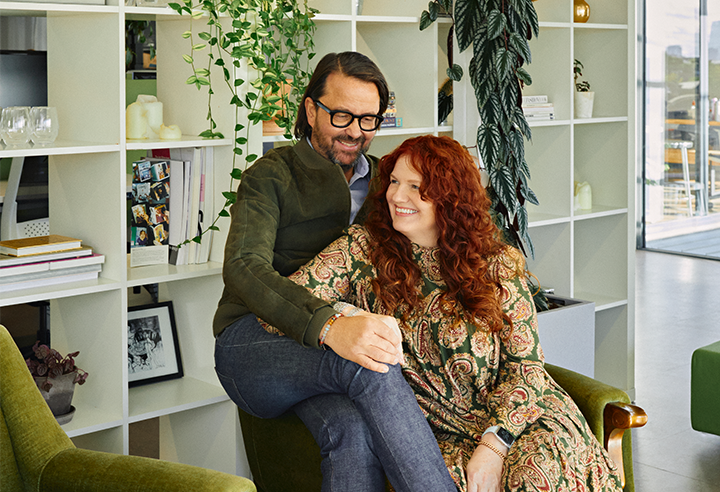
A change of clothes for fashion 2.0
HOUSE OF BAUKJEN
"I THINK A LOT OF PEOPLE WANT TO DO WHAT’S RIGHT FOR THE PLANET BUT DON’T ALWAYS KNOW WHAT THE RIGHT THING IS.”
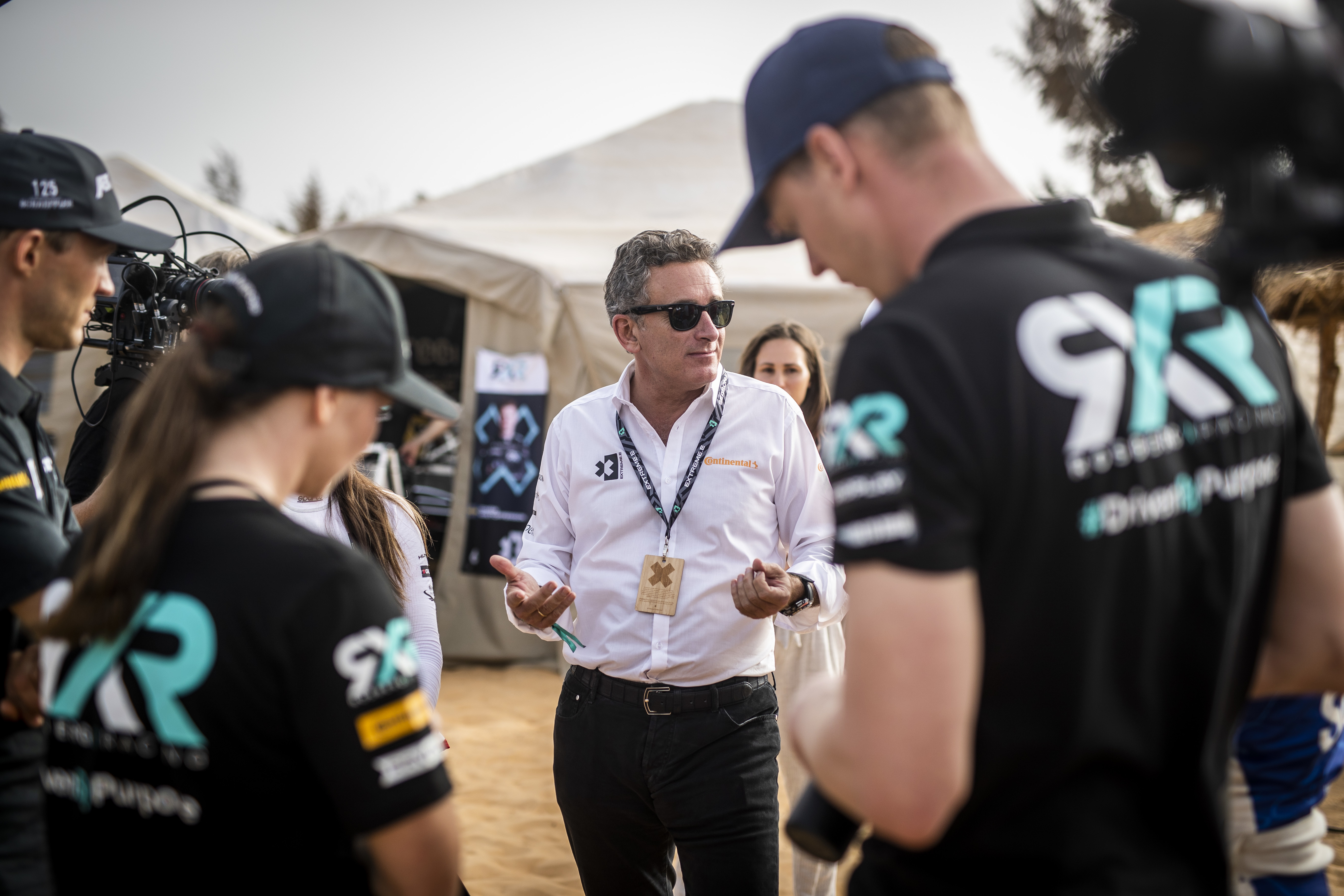
Racing against climate change
EXTREME-E
“YOU CANNOT EXCLUDE ANYONE FROM CLIMATE ACTION. WHY SHOULD ANYONE THINK THAT THEY SHOULDN'T BE INVOLVED IN CLIMATE CHANGE?”
HELPING OUR CLIENTS MAKE A SUSTAINABLE DIFFERENCE
beyond business
Philanthropy is ingrained in Coutts’ culture. We can trace our history of charitable giving back over 300 years, and were the first private bank in the UK to establish a dedicated philanthropy advisory team.
The impact of the global pandemic over the past 18 months has made many of us consider how we can do more to make a difference. Our specialists can help clients turn their passion for the causes they care about into tangible, lasting change.
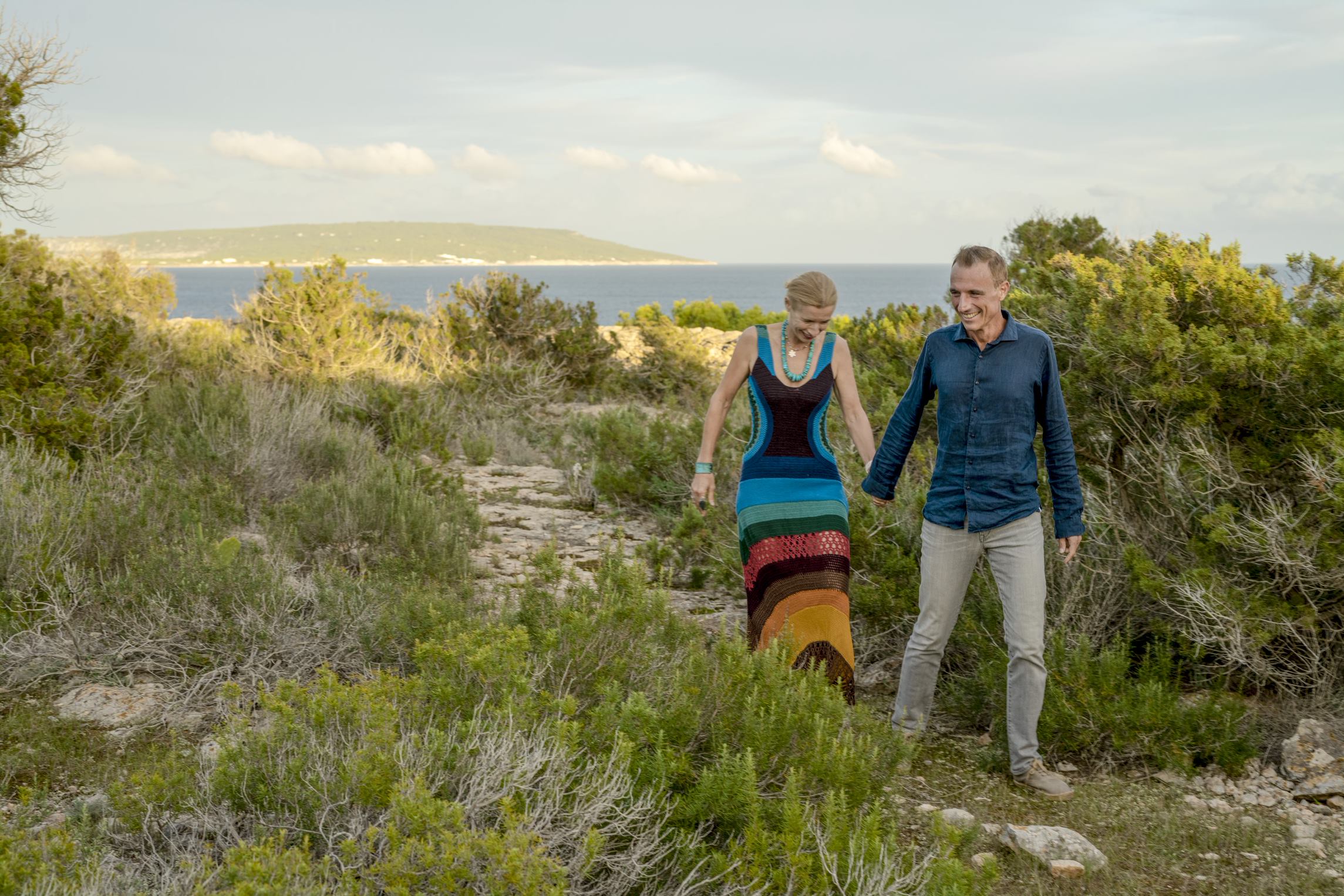
CREATING A LEGACY OF OCEAN CONSERVATION
“WE REALLY BELIEVE THAT IF PEOPLE START FALLING IN LOVE WITH THE ENVIRONMENT, THEY WILL MAKE A DIFFERENCE.”

BECOMING A B-CORP
In July 2021, Coutts officially became a B Corporation. It is a key step in our journey to meet the highest standards of social and environmental performance across the business. As a certified B Corp, we must consider the impact of our decisions on a wide range of stakeholders – not just shareholders but our clients, our employees, the wider community, and the environment. To that end, we amended our articles of association to require our board of directors to make sure we always balance profit and purpose.
“As we started to put together our ESG plans several years ago, we asked ourselves, ‘how are we going to measure ourselves? How are we going to define success?’ We didn’t want this to be just words, we wanted our people to walk the talk and continue doing so.” – Peter Flavel, CEO Coutts
CLIMATE STRATEGY
Our ambition is to reach net zero emissions across our managed investments by 2050
To achieve this, we intend to set science-based targets aligned to the Science-Based Targets Initiative (SBTi). SBTi provides a framework for defining and measuring targets for companies to reduce their greenhouse gas (GHG) emissions and achieve what the latest science deems necessary to meet the goals of the Paris Agreement. Those goals are to limit global warming to an increase of less than 2°C above pre-industrial levels, ideally achieving a rise of less than 1.5°C.


BECOMING A B-CORP
In July 2021, Coutts officially became a B Corporation. It is a key step in our journey to meet the highest standards of social and environmental performance across the business. As a certified B Corp, we must consider the impact of our decisions on a wide range of stakeholders – not just shareholders but our clients, our employees, the wider community, and the environment. To that end, we amended our articles of association to require our board of directors to make sure we always balance profit and purpose.
“As we started to put together our ESG plans several years ago, we asked ourselves, ‘how are we going to measure ourselves? How are we going to define success?’ We didn’t want this to be just words, we wanted our people to walk the talk and continue doing so.” – Peter Flavel, CEO Coutts

CLIMATE STRATEGY
Our ambition is to reach net zero emissions across our managed investments by 2050
To achieve this, we intend to set science-based targets aligned to the Science-Based Targets Initiative (SBTi). SBTi provides a framework for defining and measuring targets for companies to reduce their greenhouse gas (GHG) emissions and achieve what the latest science deems necessary to meet the goals of the Paris Agreement. Those goals are to limit global warming to an increase of less than 2°C above pre-industrial levels, ideally achieving a rise of less than 1.5°C.

Responsible Lending
We are striving to make our personal and commercial lending more sustainable for our clients. To achieve this, we are introducing products that support both our clients and their companies in their efforts to reduce their carbon footprints and transition to sustainable business models.
what it means to be a responsible investor
The responsibility of being a sustainable investor is embedded into every single aspect of how we handle our client portfolios and funds. We don’t offer one standalone sustainability product or run specific ESG portfolios because all our discretionary portfolios and funds have ESG considerations at their core.


Becoming a net zero investor
According to NASA’s global climate change assessment, a rise of just 2°C in the Earth’s temperature from carbon emission will threaten 70% of the world’s coastlines. As part of our ambition to reach net zero emissions across our investments by the end of 2050, Coutts is reducing the carbon intensity in the equity parts of our discretionary portfolios and funds by 25% by the end of 2021 (compared to 31 December 2019). By the end of 2030, we have set a target to reduce portfolio carbon intensity by 50% across all discretionary assets managed by Coutts.

Responsible Lending
We are striving to make our personal and commercial lending more sustainable for our clients. To achieve this, we are introducing products that support both our clients and their companies in their efforts to reduce their carbon footprints and transition to sustainable business models.

what it means to be a responsible investor
The responsibility of being a sustainable investor is embedded into every single aspect of how we handle our client portfolios and funds. We don’t offer one standalone sustainability product or run specific ESG portfolios because all our discretionary portfolios and funds have ESG considerations at their core.

Becoming a net zero investor
According to NASA’s global climate change assessment, a rise of just 2°C in the Earth’s temperature from carbon emission will threaten 70% of the world’s coastlines. As part of our ambition to reach net zero emissions across our investments by the end of 2050, Coutts is reducing the carbon intensity in the equity parts of our discretionary portfolios and funds by 25% by the end of 2021 (compared to 31 December 2019). By the end of 2030, we have set a target to reduce portfolio carbon intensity by 50% across all discretionary assets managed by Coutts.
Join our sustainably-driven community of exceptional people












